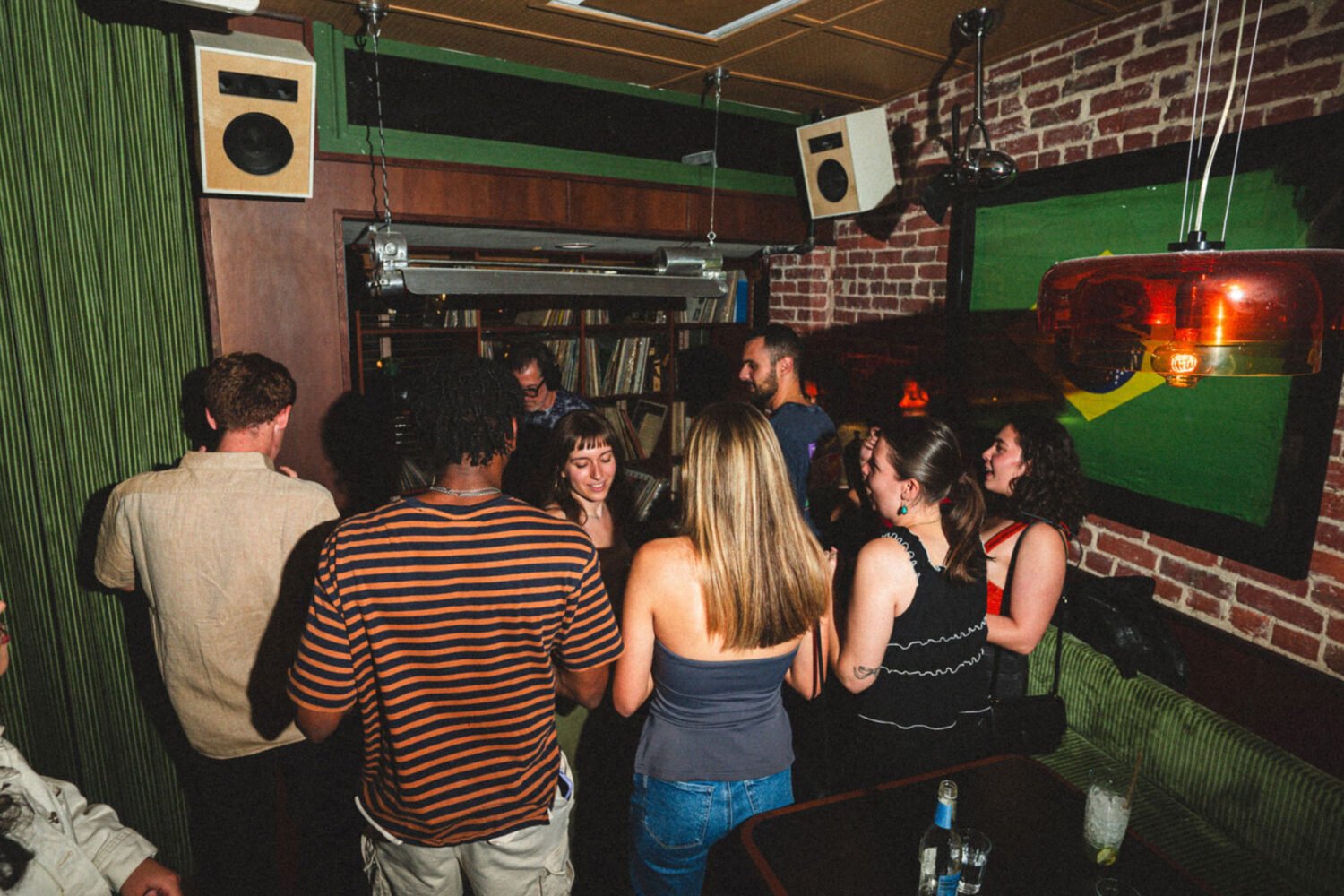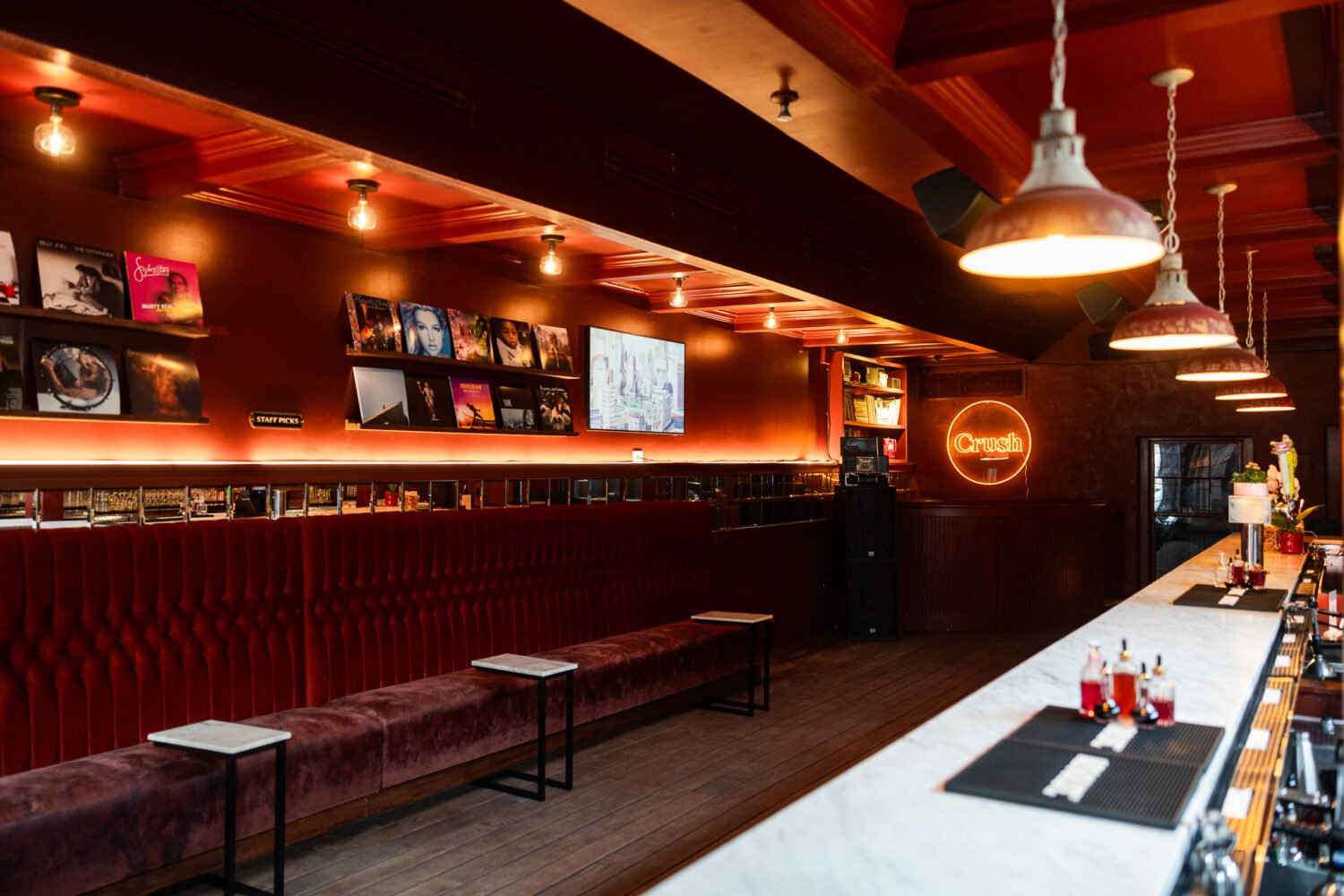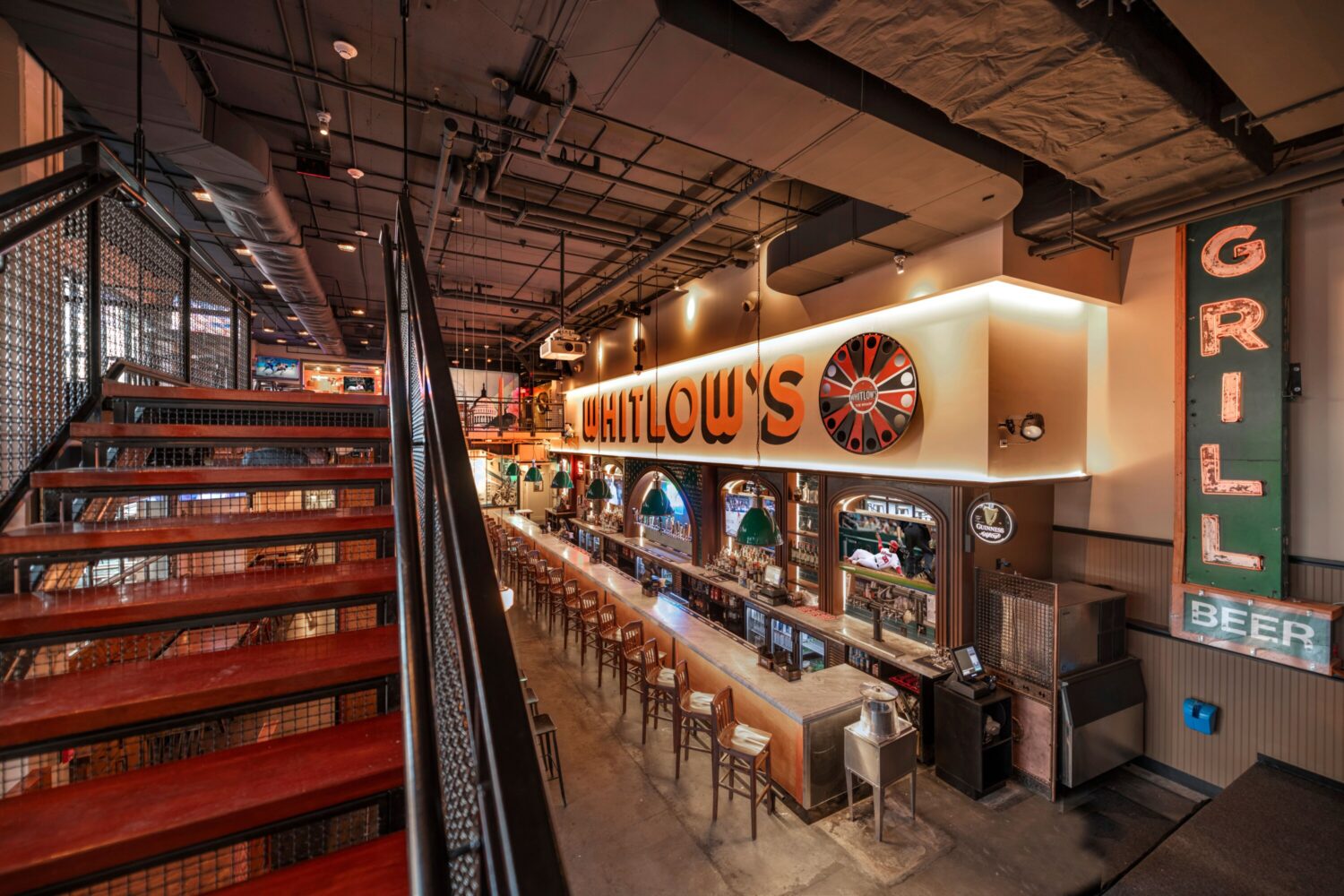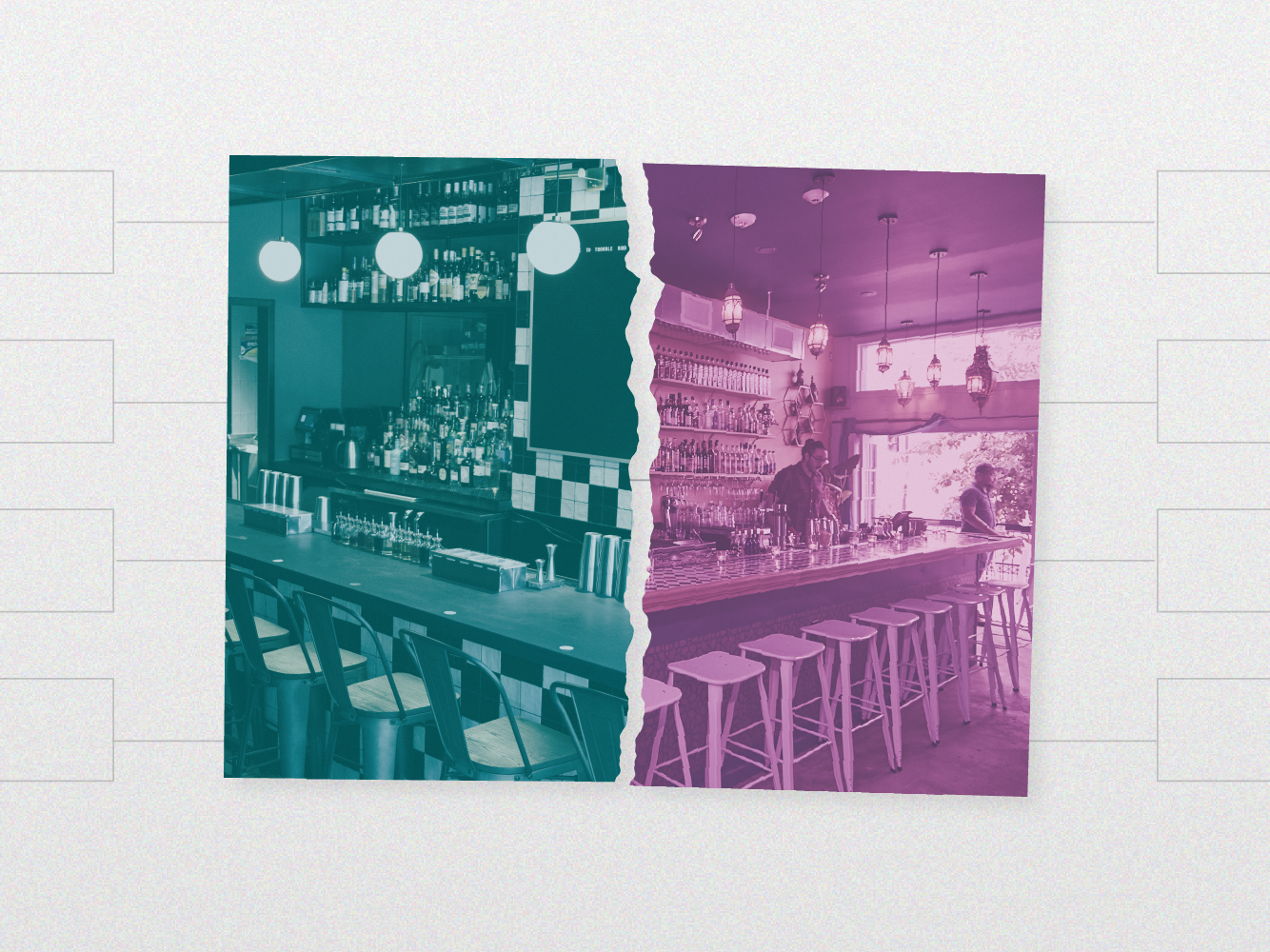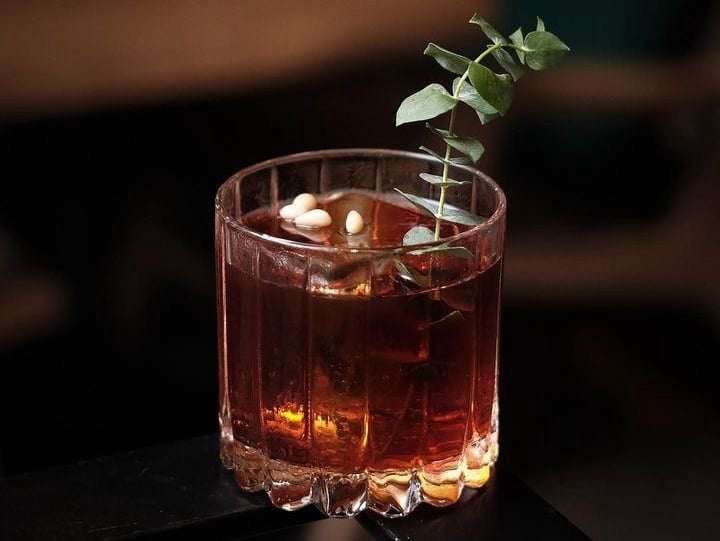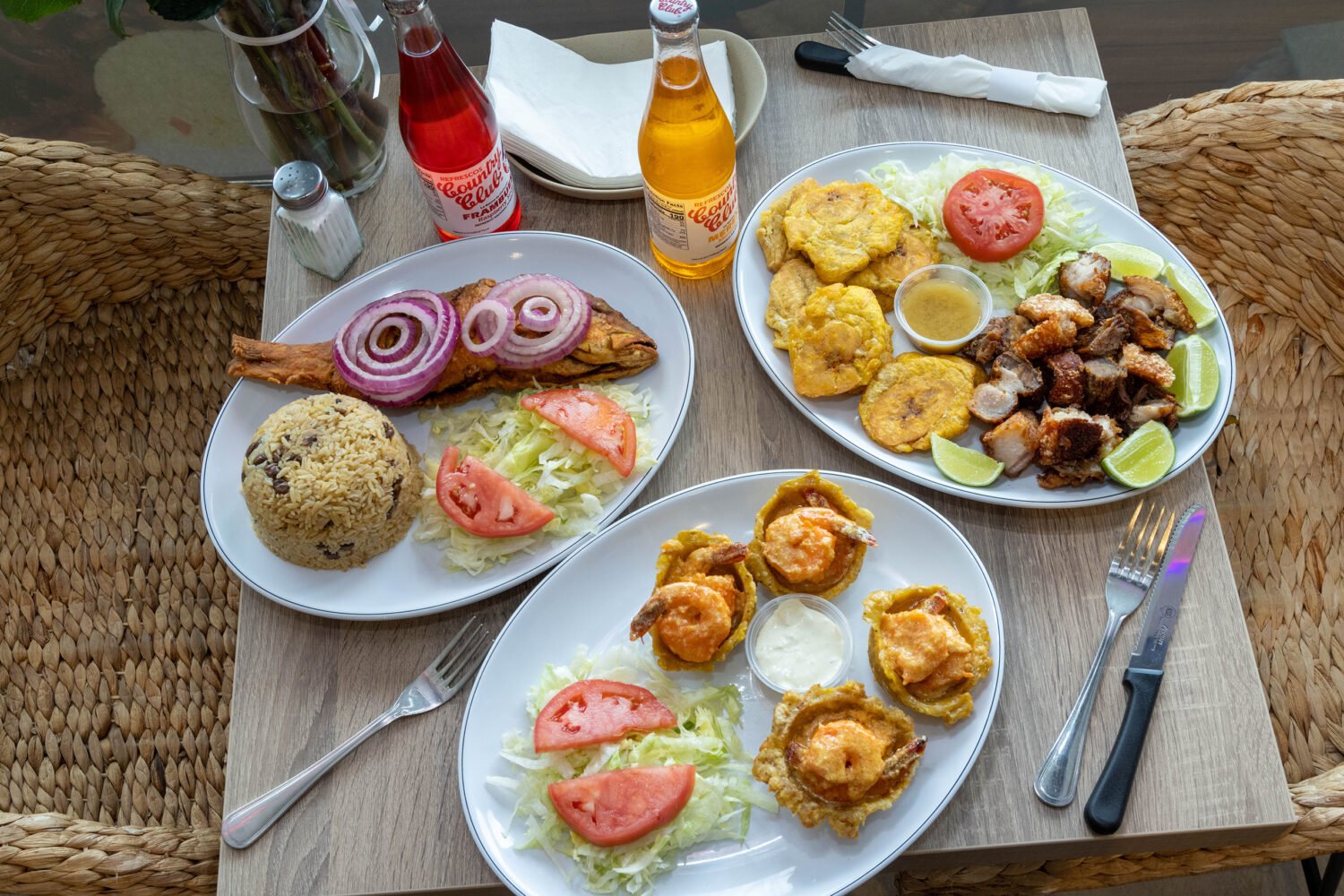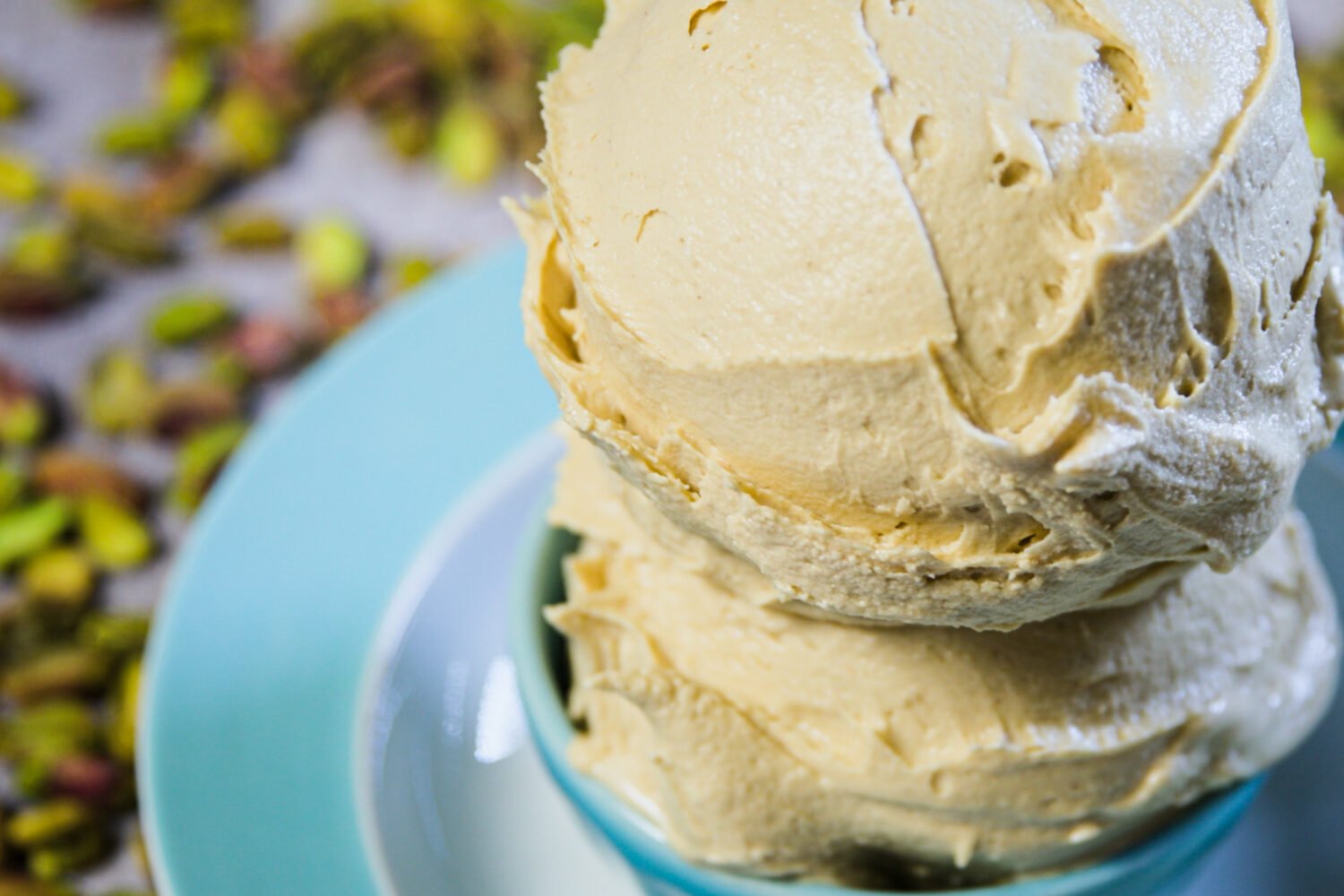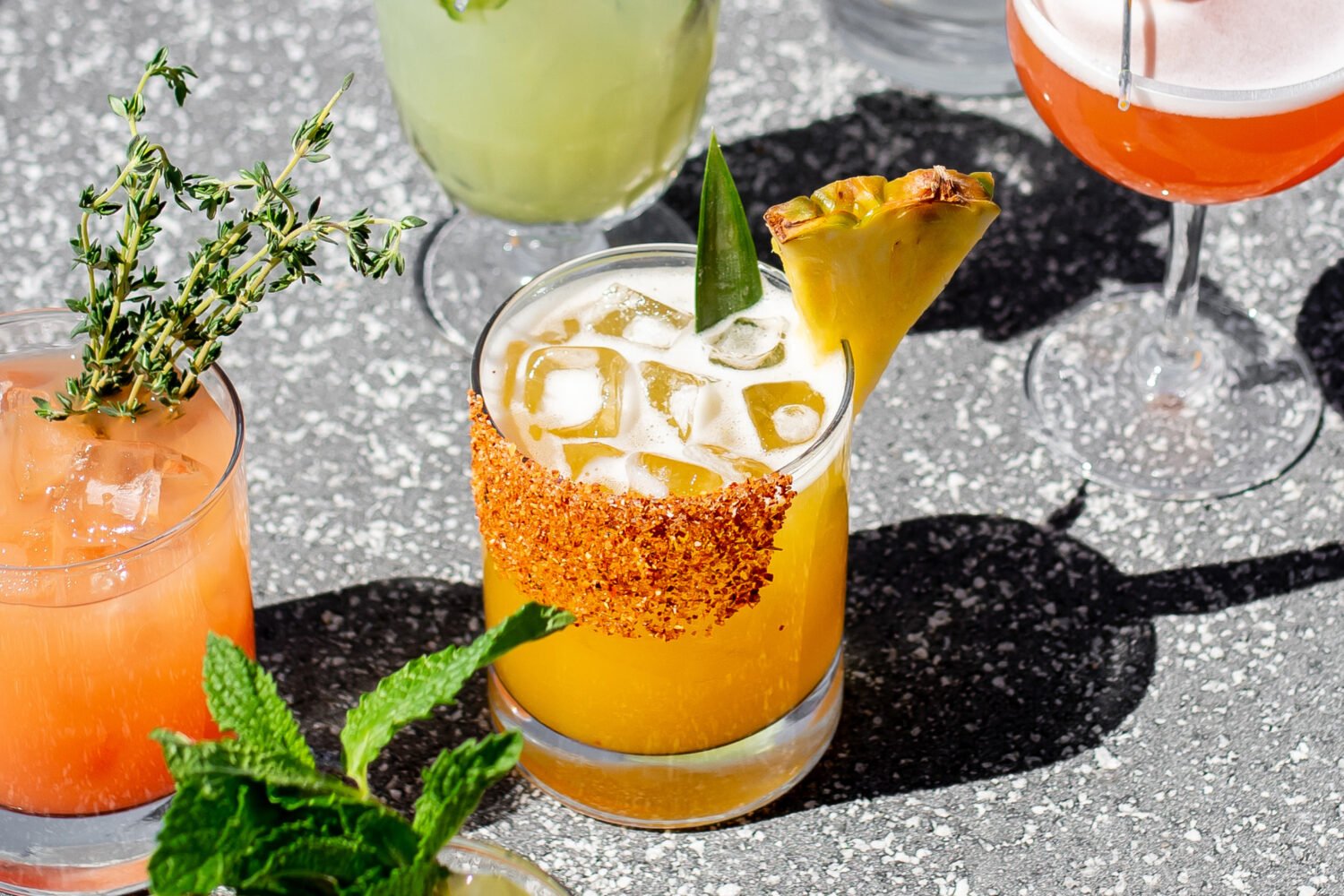DC Water issued an emergency message on Friday morning that residents in large swaths of Northwest and Northeast Washington should boil all water for consumption due to possible contamination. On Thursday evening, a pumping station valve lost pressure, which could potentially allow contaminants in the water. The affected area includes hundreds of restaurants, bars, and coffee houses, all of which are grappling with how to go about business on a busy summer weekend—if at all.
Some have already closed for the day. Slim’s Diner owner Paul Ruppert says he temporarily shuttered his Petworth restaurant “out of an abundance of caution.”
“We wanted to go through everything we had here that was touched by water since last night—emptying the ice, draining and cleaning the coffee machines, and that sort of thing,” says Ruppert, who plans to take the day to boil water and source ice so the diner can reopen tomorrow with cold brew coffee.
Peregine Espresso owner Ryan Jensen, who has one shop in the contaminated zone, did some early-morning problem solving to remain open. The 14th Street coffee shop is serving a limited menu of pour-overs made with boiled water and steamed coffee drinks that get up to scalding temperatures. Meanwhile, the business is driving cold brews and coffee in from the Union Market location, which is outside the potentially contaminated area.
“Most of the city has no idea this happened,” says Jensen. “We have customers coming in going out their daily lives and not realizing they shouldn’t have brushed their teeth this morning. It’s unlikely there’s anything in the water, but we’ve been warned and we can’t take that chance.”
Larger restaurant groups are in a similar process of finding quick solutions. Clyde’s Restaurant Group Managing Director David Moran says only two of their restaurants are affected: 1789 and Clyde’s of Georgetown. The group, though, was quick to have a plan of attack. The prep teams have been in the kitchen since 6 AM this morning boiling massive pots of water. Meanwhile, the dining rooms will only be serving canned and bottle sodas and waters—no fountain drinks. They’re buying ice, which is a pain, but not a disaster. Moran points out that every restaurateur has had their ice machine go down before at one point or another and had to buy ice.
“It looks like it’s uncharted territory for the District, so we’re hoping for more information shortly,” Moran says. “The challenge will be if this goes on for more than today, then it’s going to probably start affecting larger things.”
At the Schlow Restaurant Group (Riggsby, Tico) pastry chef Alex Levin says the kitchen is taking extra precautions to ensure customer’s safety. All salad greens and fruit that might have been washed with contaminated water during the morning prep have been discarded, and that produce will be washed with boiled and cooled water throughout the day.
“We would never put someone at risk. It’s not going to happen,” says Levin, who adds signs are going up in all the restaurants informing customers of the various precautionary measures.
The ability to wash produce with clean water has become a concern and priority for a number of restaurants. Salad chain Sweetgreen decided to close seven of its shop locations today within the potentially contaminated water zone.
“The advisory specifically states buildings that have lost water pressure or are running cloudy water should close until further notice,” says co-founder Nicolas Jammet in a statement issued by Sweetgreen. “While all of our water is running clear and we have not experienced a loss of pressure, we are closing restaurants in the advisory area as a precaution. The safety of our guests and team members is always our first priority.”
One major factor for restaurants, and especially bars, is ice production—or lack thereof. Peter Frank, owner of Talbert’s Ice & Beverage Service in Bethesda, says his phones have been “falling off the hook” all morning.
“We have plenty of ice. We just cannot deliver all of the ice as fast as people are asking to,” says Frank, who adds that road closures around the Nationals Park for the All-Star Weekend are affecting deliveries. “The capabilities were not set up for this emergency, but we are taking care of customers. They are besieging us for emergency ice because their ice is bad.”
Daniel Perkal, the general manager of Hank’s Oyster Bar in Dupont, says he placed an order for 1,200 pounds of ice from Talbert’s around 8:30 AM and got it delivered a few hours later. But the ice supplier told him that if he had called 30 to 45 minutes later, he probably wouldn’t have gotten it today.
Bars, which essentially run on ice, are especially hard hit in a water emergency. Many will have the afternoon to figure out their plan, and whether they can open for a busy weekend of service–one in which many have applied to stay open until 4 AM for MLB All-Star week.
“Oh my god, what a nightmare,” says Bar Pilar and Cafe Saint-Ex co-owner Jonathan Fain. “All of the soda systems, they all run off DC water. You have ginger beer on some guns. You have Coca Cola. Jack and Cokes. All that stuff—it’s all DC water.” And then there’s the ice. A little before 10 AM this morning, Fain was on his way to Costco in the hopes of picking up 2-liter sodas, bottled water, and ice. But already, he was stressing that he might be too late. “I could get there any they might be sold out of everything.”
The ultimate irony? Fain just got back from Myanmar, where you can’t drink the tap water. “I come back to America just to have to boil my water?” he says. “Crazy.”
This is a developing story that will be updated.









